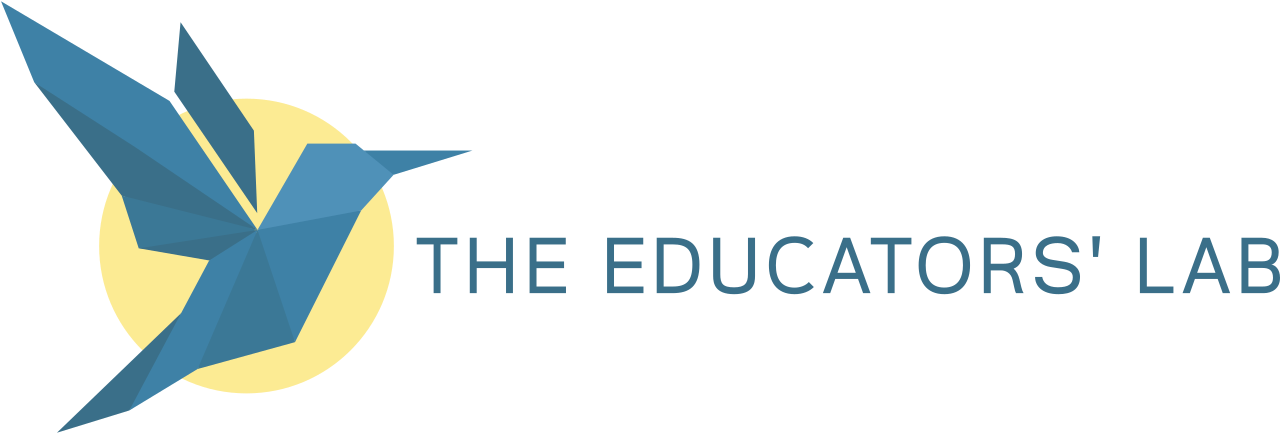When teachers speak, the world learns
We remember the names of the teachers who changed our lives. But how many of their stories do we know?
We talk about education—test scores, reforms, rankings—but we leave out the people who make learning possible—teachers. Their voices are missing, and that’s a problem.
Teachers hold the pulse of the classroom
No one understands a classroom better than the teacher inside it. They see the small victories. A shy child raising their hand. A struggling reader decoding a sentence. A bullied student finding a friend.
When teachers tell their stories, we get a clearer picture of what education really looks like—not from data but from lived experiences. That insight helps shape better classrooms—ones that respond to real needs, not assumptions.
Children benefit when teachers are heard.
When we elevate teacher stories, children win. Why? Because teachers become more confident, more valued, and more motivated. A valued teacher is an empowered teacher—one who’s more likely to innovate, to connect, to stay.
When children see their teachers being heard, it models something deeper. It shows them that their voice matters, that speaking up changes things, and that they, too, can own their stories. This ripple effect shapes resilient, expressive, and emotionally intelligent learners.
Communities start to see their educators differently
In many places, teaching is undervalued. Seen as routine. Second-tier.
But when communities hear the raw, real stories of teachers—of what they face, what they give, and what they overcome—something shifts. Respect grows. Trust builds. People stop seeing teachers as mere service providers and start seeing them as leaders, advocates, and changemakers.
And when communities respect their teachers, they are more likely to support education—to show up, speak up, and step in.
Storytelling makes classrooms and societies better.
Good teaching is a skill and a lot more soul.
When teachers share what worked for them, others learn. When they share what didn’t, others avoid those traps. Stories become an informal curriculum: a way for teachers to teach one another. That creates strong classrooms and stronger personalities.
It also builds solidarity. Teachers realize they’re not alone. That someone in another town (or perhaps another country) is fighting the same fight. That connection fuels resilience.
Storytelling is a tool for equity.
Too often, the loudest voices in education come from the top: policymakers, administrators, and donors. However, equity starts with listening to those on the ground: the teacher in the under-resourced school, the para-teacher in a conflict zone, and the first-time educator in an overcrowded class.
When we listen to them, we understand how systems fail and how they can be fixed. We see how policies work in real life. We learn where the gaps are and what’s working against the odds.
Storytelling brings those voices to the center. That’s not just inclusion. That’s social justice.
Teachers carry the stories of communities.
Every teacher is a keeper of hundreds of thousands of stories from communities. They see trauma before anyone else does. They notice the quiet withdrawal, the sudden anger, the hunger, and the bruises that don’t match the story.
They bring visibility to what children and others in the community can't say when they speak. They give voice to the voiceless.
Teacher stories shine a light on the invisible burdens communities carry, and that light forces accountability.
It’s time to flip the script.
The education system often speaks to teachers. Rarely with them. That’s backward.
Teachers are not passive recipients of policy. They are knowledge producers. Culture carriers. Solution builders.
Their stories are not side notes. They are the main characters of the story.
When teachers speak, they don’t just tell stories. They offer solutions, bring wisdom, and demand better—for themselves, their students, all of us, and societies at large.
Let’s Listen. Let’s Learn.
We’ve talked enough about teachers. It’s time to hear from them. When teachers speak, classrooms change, children flourish, communities awaken, and education finally becomes what it was meant to be: human, hopeful, and whole.
